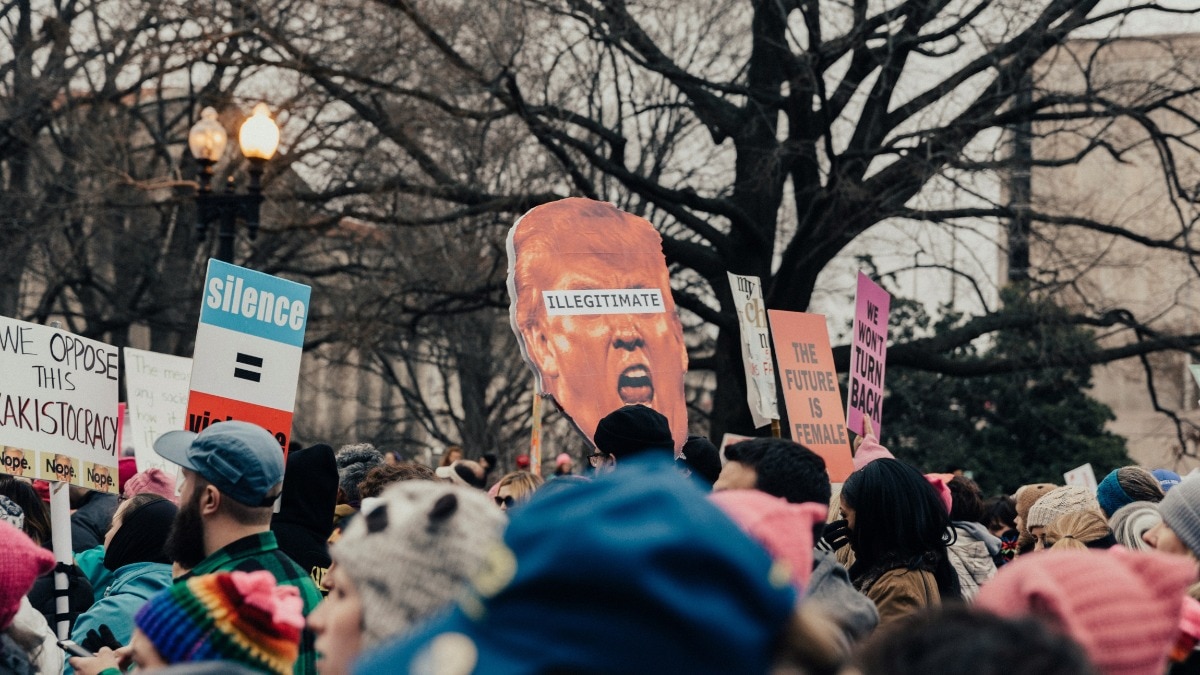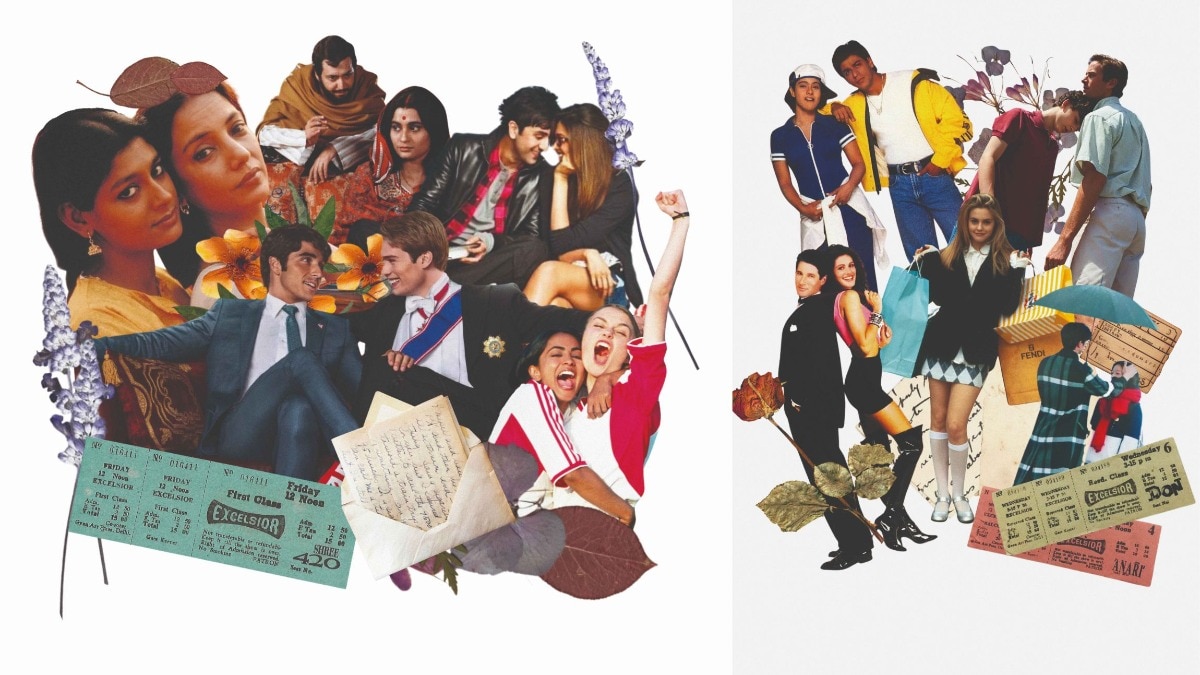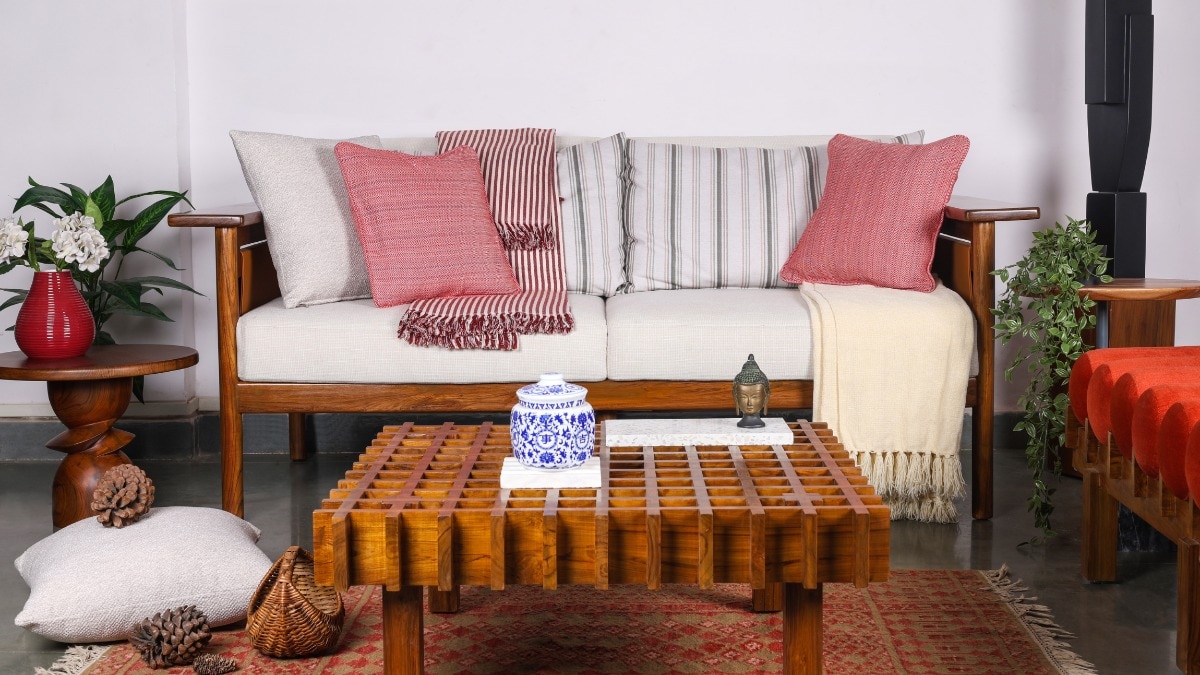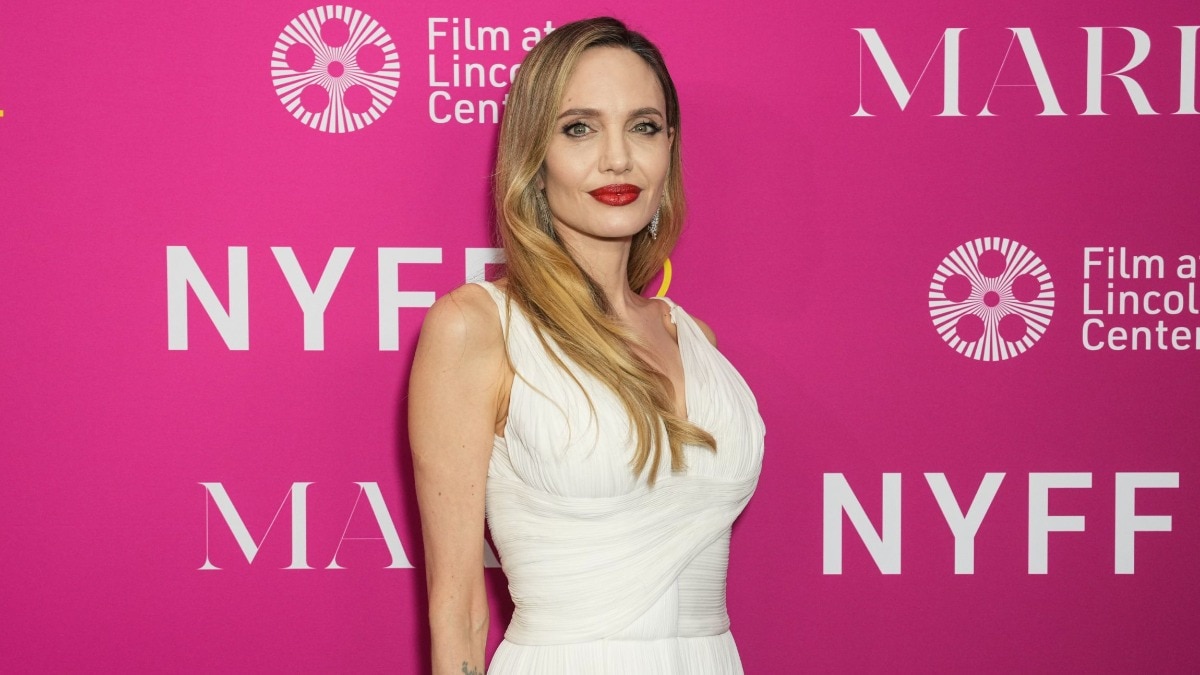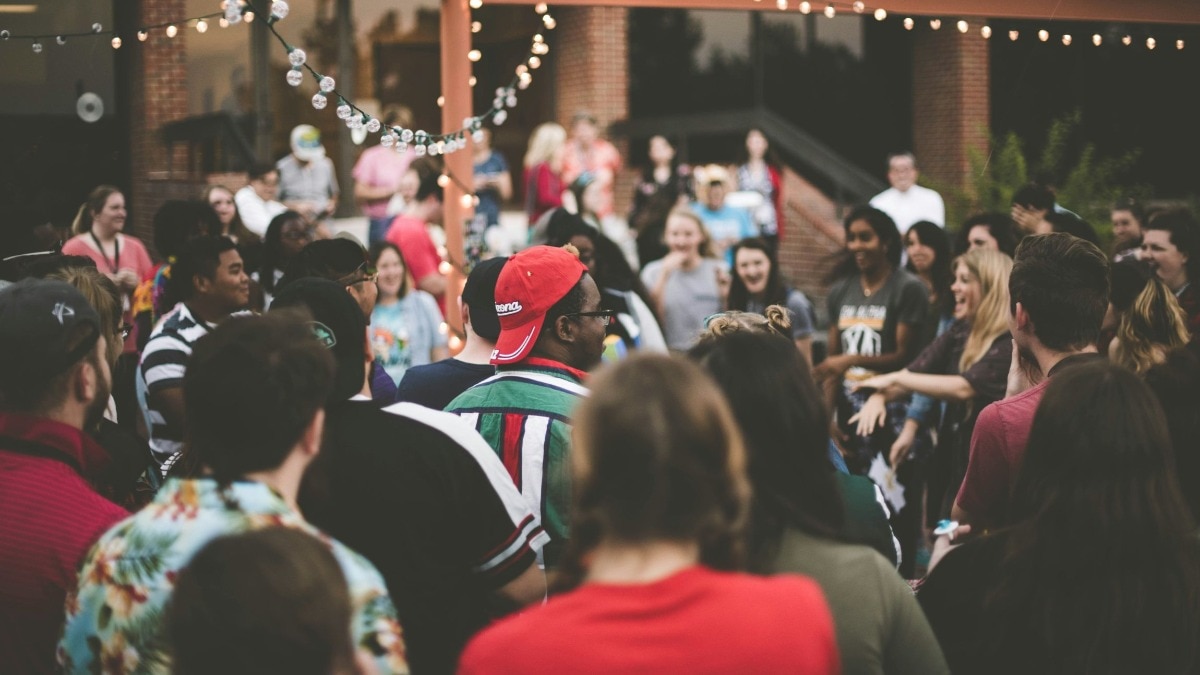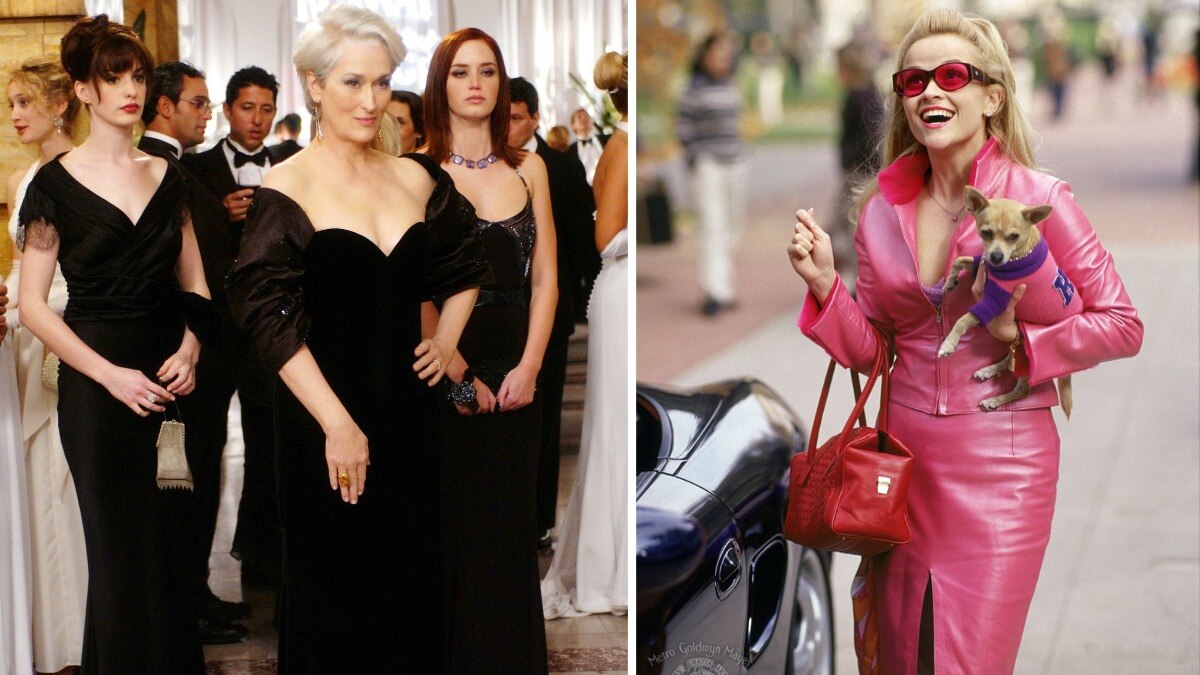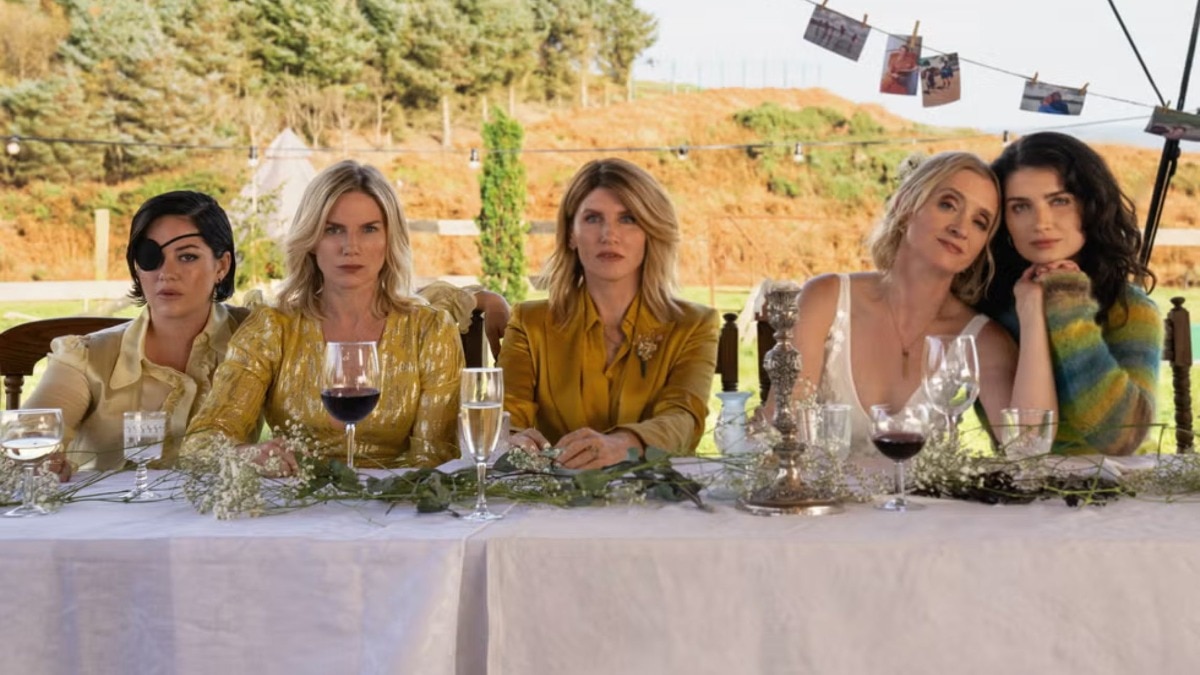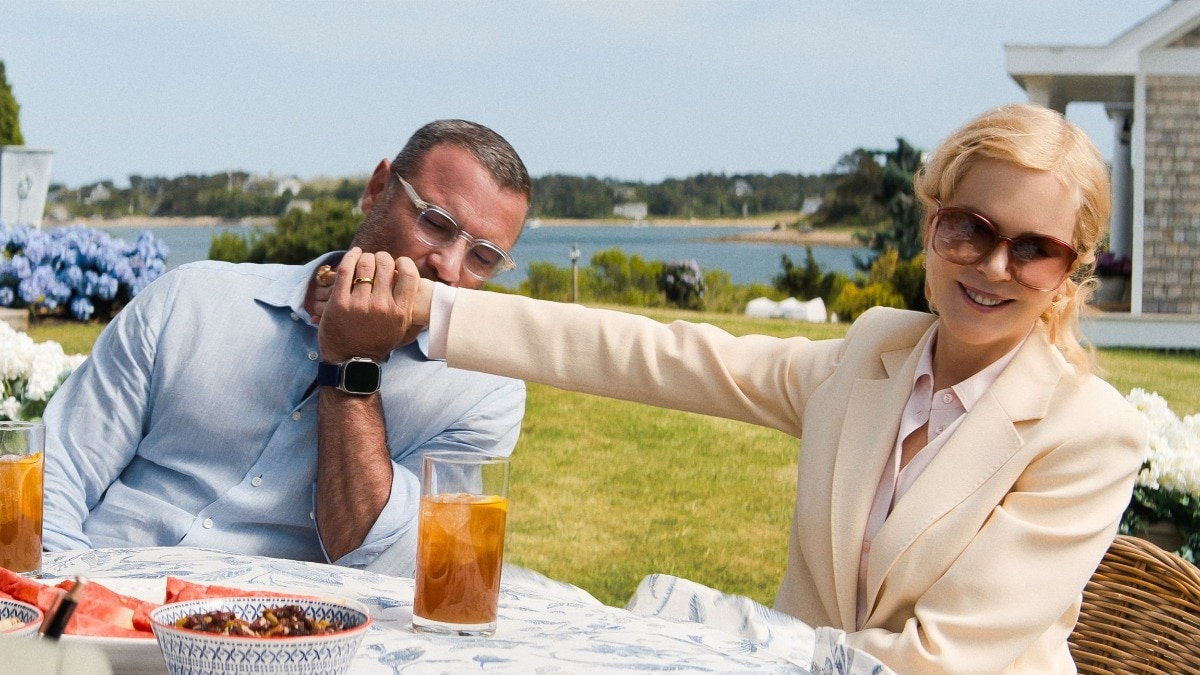Apeksha Maker on the importance of the subject communicating with the artist and their camera regardless of gender
The photographer encourages talented women who might often be dissuaded to become photographers.


As a mass communication graduate who majored in advertising from KC College of Arts, Commerce & Science, Mumbai, Apeksha (31) was always “intrigued by the camera but never planned to be a professional photographer as I didn’t know how I could develop this into a full-time career”. However, she decided to give the profession a chance and pursued photography at BV’s School of Photography, Pune—where she also met her senior (currently her business partner), Vaishnav Praveen. “We knew we wanted to start something together as we understood each other’s styles,” shares Apeksha, who co-built The House of Pixels—a photography service based in Mumbai—with Vaishnav in 2016.
Fashion photography piqued her interest over time. “Initially, we started working backstage at Lakmé Fashion Week and later, shot lookbooks for designers. For me, getting into fashion has a lot to do with working with Vaishnav—his work inspires me,” adds Apeksha, who currently also enjoys directing fashion films. The duo’s first major gig was for Jayesh Sachdev’s fashion label, Quirk Box with model (now actor) Sobhita Dhulipala. Was the experience overwhelming? “Not really,” she recounts, adding, “We were lucky to find people who were ready to help us—and so we weren’t stressed on set. It was a good experience.”
Suggesting that the entrepreneurial journey can be smoother (and less complicated) with a co-founder by one’s side would not be an unwonted response from those helming companies. It was no different for Apeksha. When asked if gender bias manifested at her place of work, Apeksha says, “At times, yes. When we’re (Vaishnav and her) on a commercial set, at times, I feel people take a male photographer more seriously than a female photographer.” She shares instances, citing casual inferences such as ‘are you from the styling or the make-up team?’ she often hears from people: “I’ve been working with my lighting team for a while, and I have managed to break the barrier there, and there’s mutual respect. Even celebrities, brands, and models, etc., don’t care about the gender of the talent. I find such issues with those in the corporate world—since I am a girl, I will immediately be put into any department other than a technical one. I also feel a lot of people prefer talking to men—and men are taken more seriously. Till the person doesn’t see you (a female photographer) in action on set, there will always be a sense of doubt in their mind.” But that’s not all. Apeksha also shares how, at times, providing basic amenities such as restrooms for women might not even occur as a thought to many: “I face this often; these are basic facilities you should not have to ask for. I think since there’s a gender gap in the industry, women face this issue.”
Would she agree that comfort (and empathy) is what influences the relationship between a photographer and subject—and thus women might be more at ease when clicked by another woman? “In my opinion, models have one of the most difficult jobs on set. I feel when shooting models, especially in fashion, it is extremely important for the photographer to make them—irrespective of gender—feel safe and comfortable so that the subject communicates with the artist and their camera. That being said, I also think that at times, (female) models might be more comfortable when shooting with female photographers.”
As we conclude the chat, we ask Apeksha to share her thoughts so as to encourage talented women who might often be dissuaded from becoming photographers: “Be headstrong and know what you’re doing.” She signs off adding, “Be technically sound without depending on anyone else. Your gender will blur out eventually as long as you know what you want to express through your work.”


